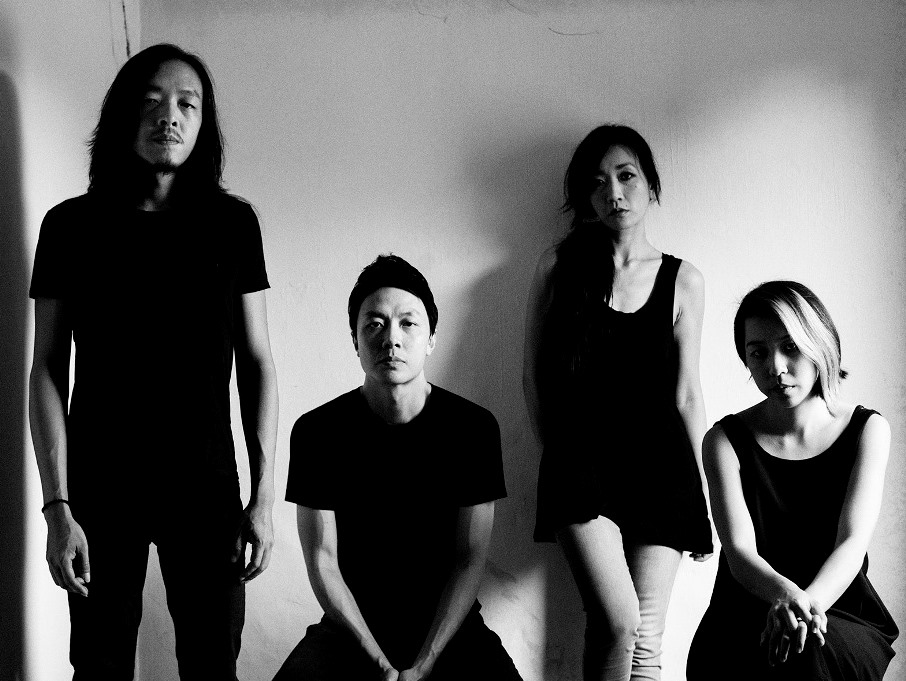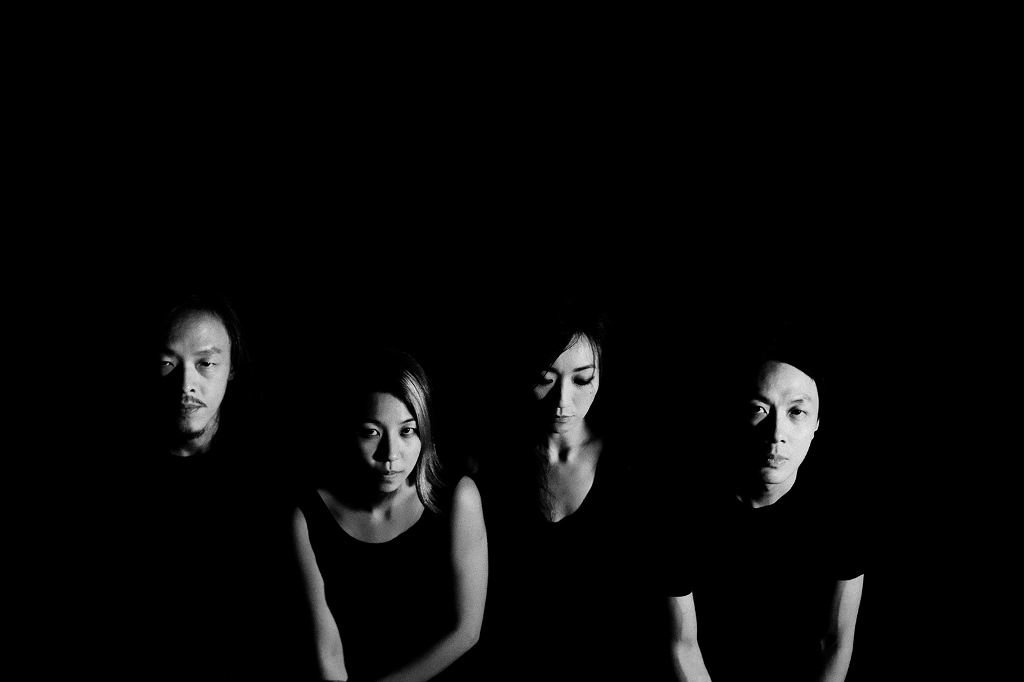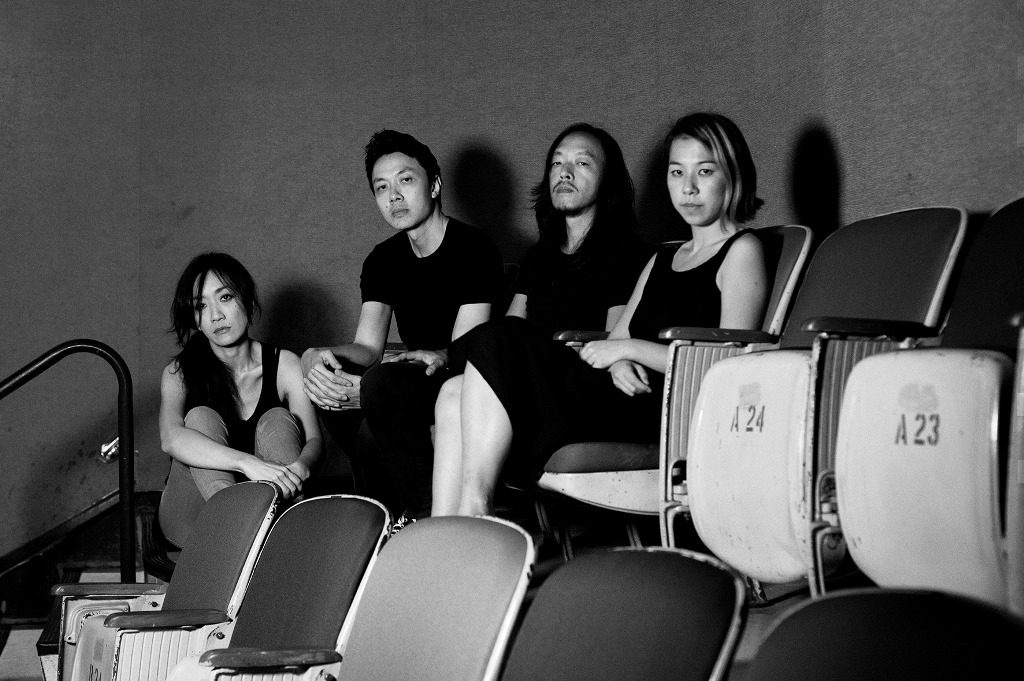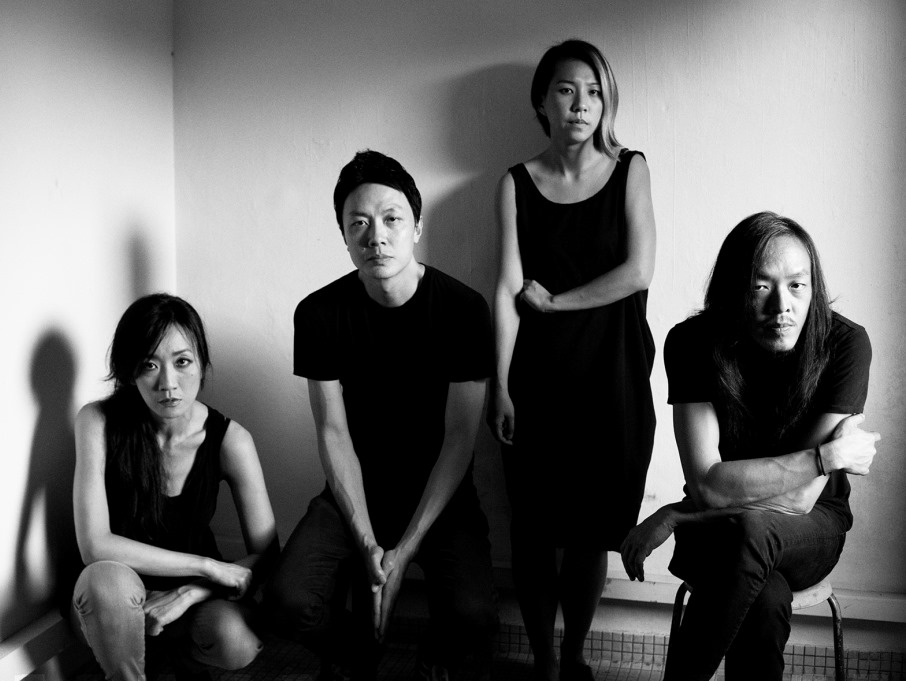The Observatory Finds Urgent Honesty in the Crimson Embers of August
 Thirsty for JUICE content? Quench your cravings on our Instagram, TikTok and WhatsApp
Thirsty for JUICE content? Quench your cravings on our Instagram, TikTok and WhatsApp

Images Philipp Aldrup
In the 15 years since the conception of The Observatory, the Singaporean rock band has achieved a revered status in the regional music scene for their haunting sound, visceral lyricism, and acute socio-political criticism on matters that affect them as citizens of a rampantly growing society. August is the Cruellest is the band’s latest album, the title of which was adopted from a T.S. Eliot poem to relate to the month where the SG50 celebrations were held and the hazardous, headlining haze had occurred. The coinciding events resulted in the band to seek refuge in Bergen where the album was conceived. JUICE spoke to the members of The Observatory to discuss the making of August is the Cruellest – from how T.S. Eliot’s poetry came to provide the thematic frame of the album to writing an honest album without sacrificing some level of abstraction as well as the surreal experience of being filmed for a documentary – The Obs: A Singapore Story.
August is the Cruellest is the first album where the band recorded as the new lineup. How has the adjustment been?
Leslie We’ve been playing quite a lot together in the last couple of years. Writing together fell into place quite soon in Bergen. Despite the initial teething difficulties, the sessions produced some remarkable results. We felt free, somewhat, to explore anything and everything in these songs. There was an urgency in the air. The need to play and to express our innermost feelings [were strong]. I think they were captured in these recordings.
The title track was written for a Singaporean play called The Cemetery. Did working on the play and being given references such as T. S. Eliot’s The Waste Land help shape what would eventually become the album?
Chee Wai Actually, the play is called It Won’t Be Too Long (The Cemetery) [in its entirety], conceived by Drama Box. We worked with the director, Kok Heng Luen, who incidentally was just appointed a Nominated Member of Parliament two weeks ago. He shared with us that he was looking at themes from T.S. Eliot’s poetry, which subsequently became the creative thrust of the title song. The rest of the album had already been written and recorded by then. Even the design and look of the album were completed before writing this song. So, in a way, this was kind of like the garnishing to the work, which framed it better contextually.
Among the many subjects that the album comments on are SG50 and the haze that affected the SEA region, such as the sum of money wasted, the rampant progression, ecological devastation, etc. Was it a conscious decision to centre the band’s well known penchant for socio-political criticism on these two particular subject matters?
CW There wasn’t much of a conscious decision to go on this trajectory. It was something that just happened. We removed ourselves physically from the entire SG50 circus, and holed up in Bergen to write this in the peak of the SG50 celebrations – August ‘15. It proved to be a worthwhile exercise. And at the same time, the haze hit on one of the most serious levels and therein laid a nice metaphor, which remains shrouded in the music and lyrics. This album, contextually, is meant to be abstract and yet evocative. We had always just done what we set ourselves off to do, and then let others cross-reference and post-rationalise on it.
Leslie, you explained that some of the lyrics from the album were not entirely written by yourself as some of it was taken from T. S. Eliot and Yan Jun. We wondered if the words of those two poets came to meld with yours organically or did you have to work at it to make it all flow congruously?
L Just a case of using words already written by someone else to express one’s own feelings about things. I was writing quite abstractly anyway. So, anything goes in my mind then. Just two songs though [that] I borrowed verses that had similar sentiments. The rest I wrote in Bergen. Something like ‘The Weight of It All’ had a definite feeling of humility and reflection I wanted to put across – that took a while to write. So, it wasn’t that I spent a lot of time thinking about T.S. Eliot and Yan Jun. That was like 10% of the time spent on this record.

The songs were written and recorded quickly. Did everyone in the band already have ideas of what the songs were going to become?
Cheryl We went into the studio in Bergen without any prior distinct musical ideas. On a daily basis, we are constantly questioning ourselves about our roles in society and what we can do to bring about change with our music. We wanted the album to be honest and thus took a straightforward approach while writing the songs, so we just went in there and wrote furiously, knowing that we had a short time to get it together. For a start, we jammed and improvised a whole lot of it, took the good parts and left out those that we didn’t really like. I think the sense of urgency brought out the best in us… we didn’t spend too much time deliberating about things, so the result was something raw and heartfelt.
The band has always included instruments unique to Southeast Asia such as the gamelan for Continuum. For this album, why the decision to incorporate guzheng and dizi for ‘The Weight of It All’?
L We toured with SA in China. And their sounds were the first thing that came to mind when I wanted to “produce” the ballad. I thought it would be nice to have a reflection of our roots on this record. Also, a harsh sounding intense record could do with some feathers on the ears at the end of the journey, as pay-off, you know?
Did recording in Bergen have any effects on the outcome of the songs? Did the Norwegian setting amplify certain moods or sensibilities while the band was recording it there?
C We wanted to dedicate a month to focus on creating new material for the new album and August seemed like an apt time, not only due to scheduling but also for the fact that we were so stuffed up by the bad air and the onslaught of SG50 celebrations. Heading to Bergen was a good move, the air was much more liveable than it was back home, and being away really forced us to focus on the task we had at hand.
The decision to head to Bergen was also due to the fact that The Obs have recorded two of their albums there and toured there several times. We wanted a change in environment, but also somewhere that we were familiar with and knew we would be comfortable in. The abundance of nature and tranquillity were also a plus point, which was something we can never get in Singapore.
All four of us are fans of several Norwegian bands, and have always been following them closely in terms of their style, musicality, technique, and working methodologies. We have this running joke about why there are so many crazy-good musicians in Norway, that it must be because of the water and the air, that it is special in some way!

Why does the band constantly return to Bergen for a recording of an album?
L It is quite funny looking back, I was really apprehensive initially making our first trip to Bergen to mix Blank Walls. We’ve since made close friends; musicians of the Bergen scene have been a great help to us, inspiring our process throughout the years. We worked with Iver Sandoy on Dark Folke. Besides recording us, he played the drums on ‘Blood Rising’. He has since been operating his own affordable studio space for musicians like ourselves, equipped with some of the best gear you could pack in a room. Solslottet or Sun King is quite an apt name for the studio – we did have some glorious days in the sun last summer.
It’s understood that the documentary was not commissioned by the band nor did the band had a friendship with the filmmakers. Being private individuals, can you explain a bit about the experience of being the subjects of the band’s very own documentary?
Vivian The experience of being filmed around the clock can be a very unsettling one. First, one feels intruded upon, although to the credit of the filmmakers, they were ultra-careful and considerate towards us. Then, you kind of get used to it and forget the camera is there, but when situations or the band dynamics get a little tense or difficult at times, as things are bound to, I would suddenly become acutely aware of the camera eyeing us all. Then it gets exceedingly uncomfortable. But it also means we force ourselves to temper our angst and try to be reasonable since we’re being ‘watched’. But there are times when you just cannot suppress whatever altercations are coming and the camera captures it all. I can totally understand why the filmmakers need to get really close in on us and what we do. You can’t be selective and just present what’s good. The very real problems of survival, the close-knit dynamics of bandmates who are like family, the highly charged Singaporean environment we live in, the sheer desperation to be critically good, can be at once rewarding but also self-eviscerating.
How did you feel when you discovered that the documentary was entirely crowdfunded by your fans and that the amount amassed was a commendable SGD33K?
V We knew that the filmmakers were putting out a call for crowdfunding. At that point, crowdfunding was such a new thing and none of us knew what to expect from it, so it was nice to know that the fans supported this.
As part of Urbanscapes ’16, The Observatory will screen their documentary The Obs: A Singapore Story and showcase their latest album August is the Cruellest on Thursday 5 May ’16 at The Bee, Publika. Tickets can be purchased via theobskl.peatix.com.


 Get Audio+
Get Audio+ Hot FM
Hot FM Kool 101
Kool 101 Eight FM
Eight FM Fly FM
Fly FM Molek FM
Molek FM